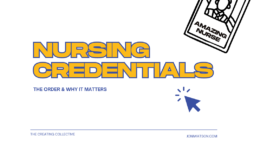Hiney. Tail. Rear-end. A$$. Tush. Badonkadonk. There is an ever-growing list of euphemisms for the gluteus maximus. Not too many for the colon, though. It’s not sexy.
What is even less sexier? Colon, or colorectal, cancer. Yet, according to the American Cancer Society, colorectal cancer is the third most common cancer among both men and women, and “91% of cases are diagnosed in individuals aged 50 and older.” Early stage colorectal cancer typically has no symptoms, which is why screening is so important. Starting at age 50, men and women should both begin routine colorectal cancer screenings. Those at increased risk such as people with certain genetic disorders (FAP and HNPCC), personal or family history of colorectal cancer or colon polyps, or history of chronic inflammatory bowel disease should talk to their physicians about beginning screening earlier than age 50. Advanced signs of colorectal cancer include changes in bowel movements such as the color (i.e. bloody) and shape (i.e. thinner), stomach pains that do not go away, and unexplainable weight loss. If any one has these symptoms, no matter the age, colorectal cancer should be considered in the differential diagnosis.
Current evidence-based colorectal cancer screening options include fecal occult blood test (FOBT), fecal immunochemical test (FIT), flexible sigmoidoscopy, and colonoscopy. I know I am an oncology nurse, I am completely biased, and have a weird sense of the world, but cancer screening is hot. Living longer is sexy. Bottom line: you might really have junk in your trunk. So go ahead – if you’re age 50 or older (or are at an increased risk), get your derriere to the doctor. And make sure those in your life do, too.





